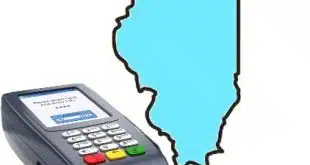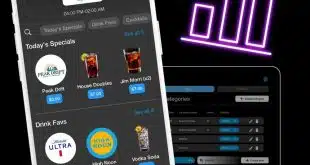In a sign of how fast the market for remote capture of checks is developing, one of the largest software companies serving the image-exchange market has launched a hosted product to serve small financial institutions looking to get into the business quickly. “We're seeing significant demand [from small banks] because there's a lot of competition,” says Danne L. Buchanan, chief executive of Salt Lake City, Utah-based NetDeposit Inc., whose client base until now has consisted primarily of big banks. Indeed, Buchanan says the number of items flowing through its system at Electronic Data Systems Corp., its largest client in terms of transactions, ballooned from 1.5 million in the first quarter of 2005 to 12 million in the last quarter. Much of the growth, he says, stemmed from remote deposit capture, in which retailers and corporate offices scan checks and transmit the images to their banks instead of transporting paper. Because of the efficiencies of reduced float and transit costs, remote capture has emerged as a booming segment of the image-exchange market created by the Check Clearing Act for the 21st Century (Check 21), which went into effect Oct. 28, 2004. “We're seeing hockey-stick growth,” says Buchanan, referring to remote capture. Now, with demand coming from smaller institutions, NetDeposit has introduced an all-in-one service that Buchanan says eliminates the need for IT integration, hardware acquisition, and other hassles. “We can get a bank up and going in 60 to 90 days,” he says. The company looks for big returns from the ASP-based product, called NDpro Managed Services. First National Bank of Arizona is the first client, says Buchanan, who expects to announce more contracts next month. By year's end, he says, NetDeposit should have contracts numbering in the “hundreds” for the product, which carries an upfront integration fee of $35,000 to $50,000 plus a flat license fee, covering the first 100 seats, of $5,000 per month. What could fuel market growth even more, Buchanan says, is the expected introduction by NACHA, the rules-setting organization for the automated clearing house, of rules for so-called back-office check conversion. A proposal for the new transaction type went out to the NACHA membership recently for comment. Under consideration for some time, back-office conversion would allow merchants to batch checks at the point of sale and send them to an office for bulk scanning and conversion to ACH funds transfers. Buchanan is counting on merchant adoption of back-office conversion to help build a retail acceptance network for remote capture, as merchants can use their back-office systems to send images to their banks as easily as they can use them to create ACH e-checks. “It'll supercharge all the retailers” for remote capture, he notes.
Check Also
Has the CCCA Reached the End of the Road?
With the odds against the Credit Card Competition Act coming to a vote before the …




